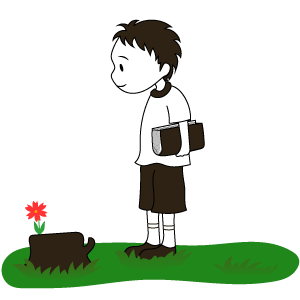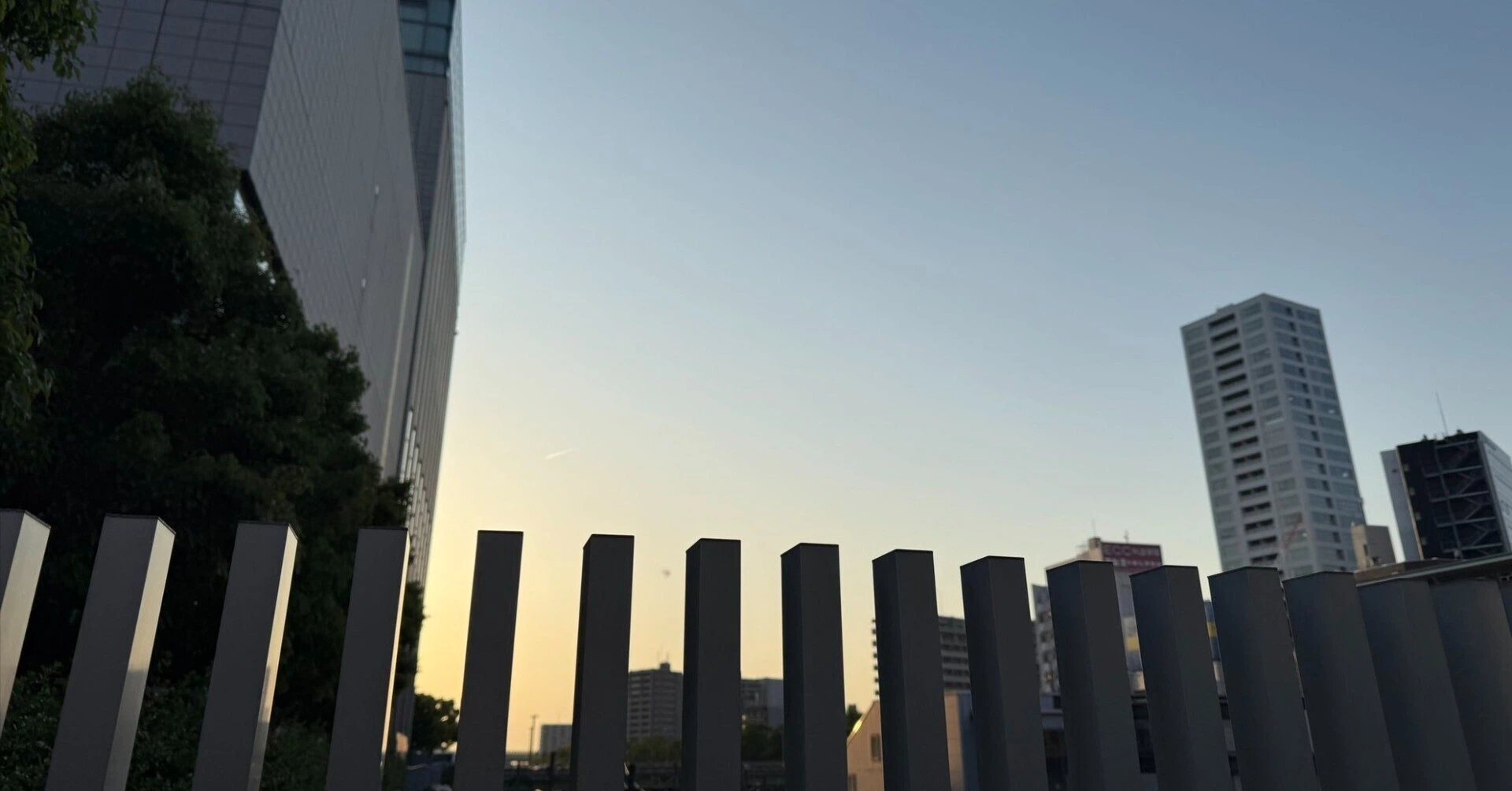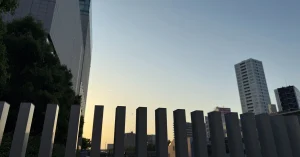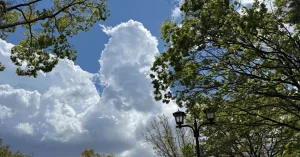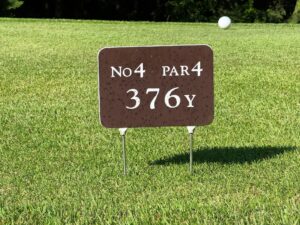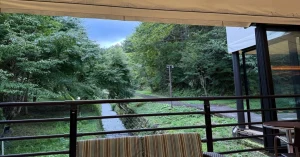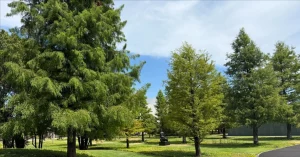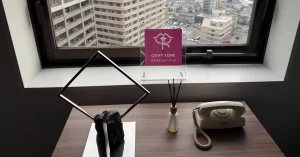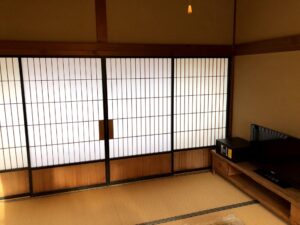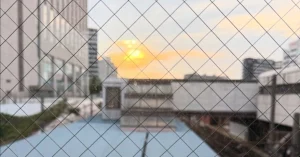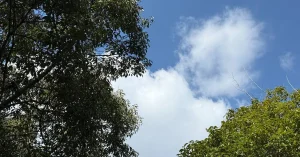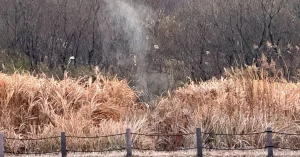The word “freedom”.
There is probably no one who dislikes it. I love it too.
When I think of books about freedom, the first ones that come to mind are British philosopher John Stuart Mill’s On Liberty and Escape from Freedom by Erich Fromm.
I have thought about “freedom” quite a bit while reading such books, and have read many books, but what remains in my mind even now is not the two works mentioned above, but the thoughts on “freedom” written by the late Akiko Ikeda, and also fragments on “freedom” written by Hideo Kobayashi.
First of all, the “freedom” that Akiko Ikeda advocates is that people are originally “freedom” and only use it to the extent of daily dissatisfaction, and it is only their own thoughts that make them feel unfree.
However, it is only you who are making yourself unfree.
In other words, people can “think” and “act” freely, and the result of that thinking is nothing more than the life we have now. Everything is the result of free choices.
People have never been without freedom, including the choice of whether to live or die. People are simply unable to make a choice because they are bound by social standards, common sense, and worries about money, and this is simply a difference in their resolve in life.
Or rather, it is because they do not truly want to gain freedom in the first place.
She asserts that they are just vaguely yearning for the feeling of “freedom”…in a way, that is harsh.
It is true that most people, without thinking about the true nature of freedom, only lament the lack of freedom, which is the opposite of freedom, and mistake “endurance” for the meaning of lack of freedom.
Yes, “freedom” is already within your own hands. Like Maeterlinck’s blue bird, it is never something outside of yourself. I think she is right.
On the other hand, the “freedom” that Kobayashi Hideo speaks of is a little more realistic.
As you know, Kobayashi Hideo was a great postwar literary critic, born before the war, lived through World War II, and lived until after the war.
Especially during his youth, it was a time when an atmosphere of militarism was creeping in. Censorship was becoming stricter day by day. It was a time when even writers, who were thought to be useless, were being asked to make practical contributions to the country, such as working as war reporters.
Of course, Kobayashi Hideo was a man of literature, and naturally hated war (essentially). He knew it was the greatest “evil” of human activities.
And while he believed it was the mission of a writer to oppose these wars, he did not fight them head-on, unlike Hayashi Fusao, Haniya Yukio, and Kobayashi Takiji, who fought state power with a realistic ideology, and was tortured to death (although Nakahara Chuya apparently denounced him as a writer who even used war).
He hated the very act of trying to change the world with ideology, including politics. So he accepted that the big trends of history and society were beyond his control, and while he was deeply conflicted, he thought about what to do with himself within the limits of what he could do.
The swell-like trend towards war is something that an individual cannot resist. No matter how many demonstrations you hold, no matter how many times you vote. This is even more true for writers who can’t make a living. You just have to be born into that era and live through it. It’s similar to being born to toxic parents or being born with a disability.
It’s really a matter of luck.
But it would also be “evil” to simply raise the white flag in front of a world that is silently rushing towards war.
It means thinking about and choosing the best option within the limits of what you can do in an inescapable era and environment. That is the only meaning of “freedom” humans have.
In other words, the “freedom” that Kobayashi Hideo speaks of is only limited.
In other words, if you lose the use of your right hand, instead of lamenting the fact that you can’t use it, you can do things with your left hand, things that a normal person can do with their left hand more than they can. You would find ways to somehow survive. That is the only meaning of “freedom” that humans can have.
And that is why “freedom” has value. That’s what he was saying (sorry if I’m wrong).
Perhaps it’s easier to understand if I rephrase this in terms of death. Even if you notice an arrow being shot at you two seconds before it hits your forehead, it’s already too late to run away. So what can you do in those two seconds?
Would you try to somehow dodge it, even if just a little? Would you give up and call out God’s name, or repent for your past actions?
However, the arrow is approaching right in front of you, and you know that it will pierce you in one second before you realize it. The more options you have in that situation, and the more “good” you can choose, that is “freedom.”
So he would never say that doing whatever you want, without any constraints, and surrendering to your own desires, is freedom. It’s not that being freelance means freedom, and being a salaryman doesn’t mean you’re lacking in freedom.
It’s just freedom in the sense of it. In that sense, he may be similar to Mr. Ikeda.
In other words, freedom is something that you think about and win with your own will. Everyone is born and everyone dies. Everyone is alive. To that extent, there are as many choices a person can make as there are people.
This is ultimately individuality and diversity.
In that sense, it is very important to think about freedom, and if you desire freedom, it is something that you must constantly win for it.
Well, if an arrow is going to hit your forehead anyway, one way of thinking about it is to wait, immersed in entertainment and pleasure until then.
The real problem is that no one knows when that arrow will hit your forehead. And two seconds before death, can a person really feel free? Can you feel free now? I feel that this is the true test for those who value the word freedom to the utmost.
“It is impossible to say that life has always been like this, and that it has always been like this”
